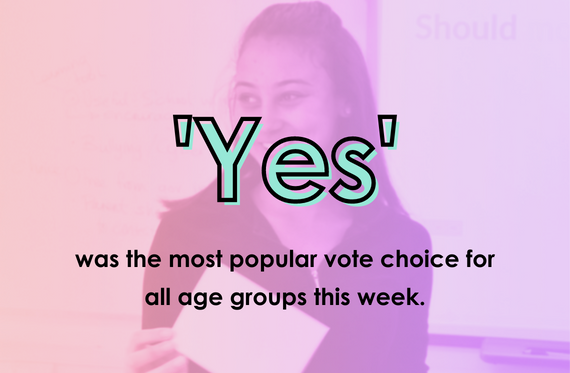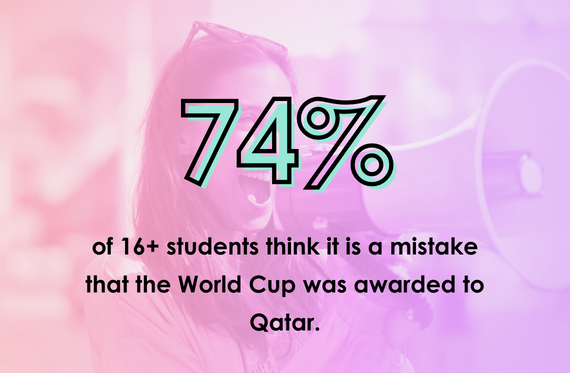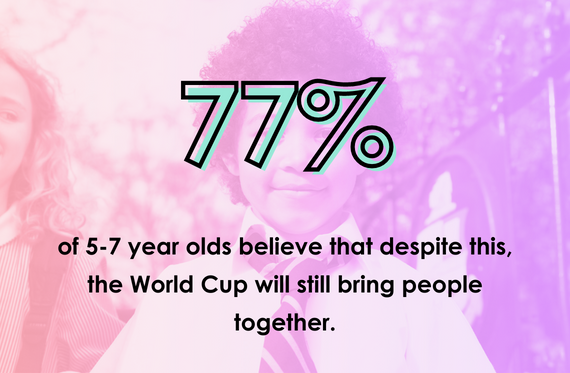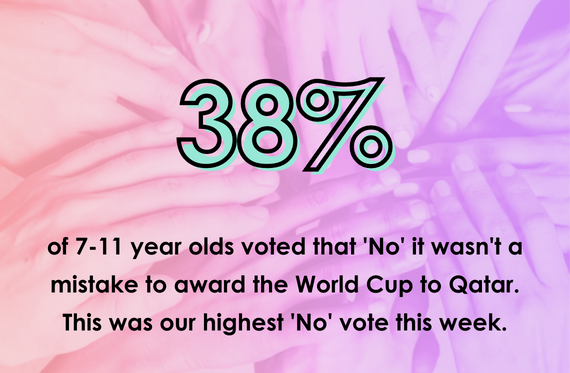Total votes
5-11 votes
11-16+ votes
Sportwashing. A term that had not really entered the public consciousness much prior to the last few years. But it is not a new term. If we were to talk about some examples it might become much more obvious. 2014 Sochi Olympics and 2018 World Cup in Russia all the while there had been an annexation of Crimea.
Perhaps the sponsorship (and ownership) of football clubs in the UK might bring it a bit closer to home. Manchester City and lately Newcastle United FC are both owned by states that are described as autocratic at best and have serious questions over their human rights records.
There were lots of similar questions about the World Cup when it was awarded to Qatar. Worries over human rights and labour rights created a difficult run up to kick off. But it was not all bad news.
As the World Cup kicks off, our voters explored the controversy that has followed it since 2010, when Qatar made a successful bid to host. They considered the human rights implications of this decision as well as the practicalities of playing in Qatar’s desert climate. Conversely, they discussed whether these conversations have a place in sporting competitions and what it means to have the first host nation from the Middle East.

"It should be hosted there because it's the first Arab country to host the World Cup and not many countries from the Middle East get this type of opportunity."

"[...] The right thing to do is cancel the games and finish the tournament prematurely. FIFA just wants to continue and they want everyone to forget about the horrible mass murder that has happened. Online , FIFA has become a very unpopular organisation."

"Qatar is not accepting of different types of people. It is not diverse enough to host a sporting event where there will be lots of people, some of which may be part of the LGBTQ+ community. Part of the football culture is drinking so not being able to drink at the World Cup is another reason why Qatar is not a suitable place to hold a sporting event. The heat is also not suitable for players to be running around in, and the fans may be affected in the heat too."




This week, our voter's voices were heard by many organisations including the Football Associations of England and Wales, the Embassy of Qatar and many charities.
Isabel Mora Le Moyne, Director of Impact at the charity Game of Our Lives, responded to what the young people said and provided us with a video. Click below to watch.
Game of Our Lives, is an international charity that encourages socially active, professional football players, athletes as well as businesses to set up teams and activate and track the social impact performance of their communities - with an aim of all members giving one percent (1%) of time towards the seventeen (17) Sustainable Development Goals of the United Nations.